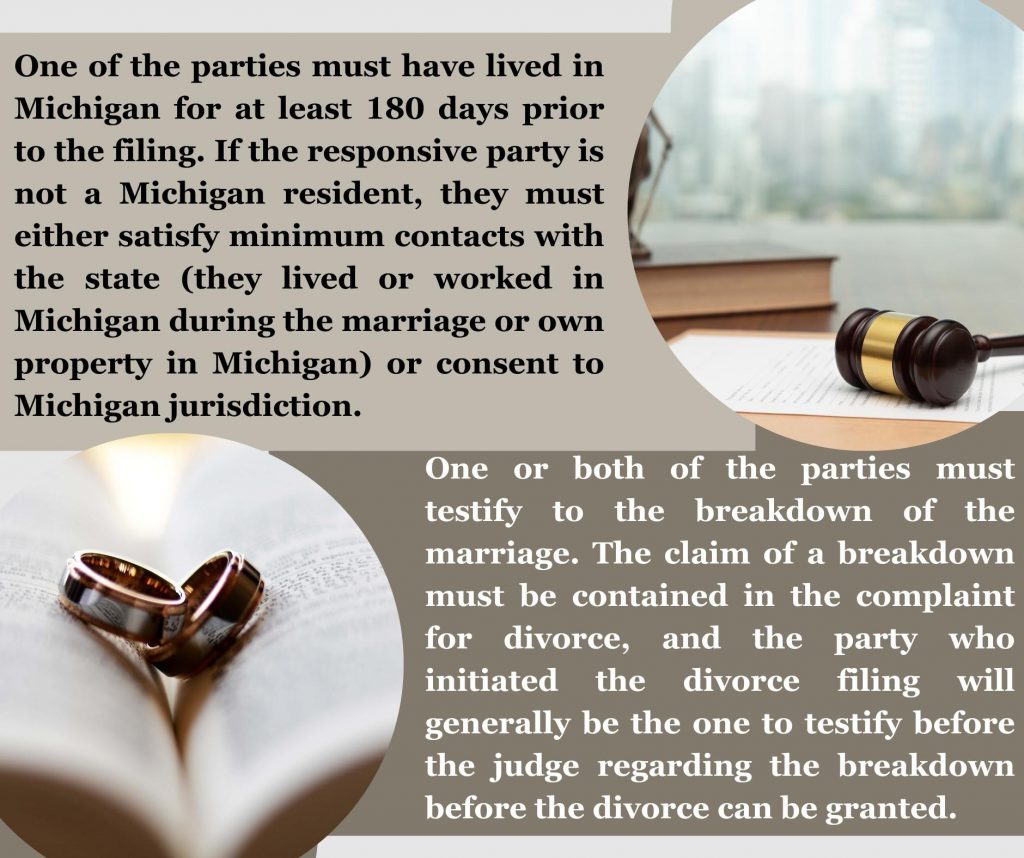2nd Jun 2023

Couples typically do not marry with the plan to separate at some point down the road. Marriage is wonderful, but there are instances where the marriage does not work out for couples and in that case, they would need to decide on the appropriate way to end the marriage with the necessary legal steps. The most common way to end a marriage is a divorce, but depending on the circumstances surrounding the marriage, another option that may be available is annulment.
What is the main difference between a divorce and an annulment?
One of the main differences between a divorce and an annulment is that when an annulment is granted by the court, it declares that the marriage never happened. It erases it, proclaiming that it was never legally valid. The parties retain what they brought into the marriage as there is no division of property or debt. When a divorce is granted, it ends a legal marriage and the parties to a divorce are each awarded an equitable share of the property and debt acquired by either or both after marriage.
What is an annulment?
An annulment is a legal proceeding that takes place to rule that a marriage never existed. This proceeding is a civil court process and is very difficult to acquire because it applies only to a specific set of circumstances. Some people have the wrong impression of an annulment, thinking it is easier to dissolve a marriage through annulment than through divorce, but that is not true. Annulments are only granted in Michigan when the court finds grounds that make a marriage “absolutely void.”
What are the grounds for annulment in Michigan?
The only way you can obtain an annulment in Michigan is by proving the following grounds:
Bigamy: This is where your spouse was legally married to another living person at the time the two of you were married.
Underage or Nonage: A person must be 16 years or older to get married in Michigan, unless they obtain a court order. They also must have parental permission until they are 18 years of age. Under this ground a parent, guardian, or next friend of the minor may bring the action to annul the marriage. However, if the parties, after attaining the age of consent, freely cohabitate as husband and wife, the marriage will not be annulled.
Fraud and Duress: If the consent of one party was obtained by duress or by fraud, an annulment may be granted. Some examples of fraud or duress would be as follows:
- The marriage was entered into for the sole purpose of obtaining a U.S. citizenship.
- The wife induced her husband to marry her by fraudulently telling him that he was the father of her child.
- One of the parties entered into the marriage knowing he or she was unable to conceive a child and did not disclose this fact to the other party. (This must be brought within two years of marriage.)
- One party was under the influence of drugs or alcohol to the extent that free will was destroyed.
- Threats of incarceration or physical harm were made to induce a party to marry.
Premarital unchastity alone is not sufficient to show fraud, even if the party might have deliberately lied about their virtue.
Kinship: Marriages between parties related within certain degrees of consanguinity or affinity are prohibited. This includes marrying a:
- Parent
- Son or daughter
- Sibling
- Stepparent
- Aunt or uncle
- First cousin
Such a marriage is not void if it was solemnized in a state that permits such marriages and the parties later move to Michigan or if Michigan residents go to another state to avoid the Michigan prohibition.
Incapacity: If either party was not “capable in law” of contracting at the time of the solemnization, it is absolutely void. This includes persons who are unable to make or communicate informed decisions regarding their person whether due to physical or mental infirmities, substance and drug use, or any other factor making them incompetent to contract. The court shall not, however, annul the marriage if the court finds that the parties cohabitated as husband and wife after the party became capable in law of contracting.
Sterility or Impotence: A marriage in which one of the parties has a physical incapacity to have children is valid until the wronged party seeks a judicial degree annulling it. An action for annulment under this ground must be brought within two years from the date of the marriage. The inability must have existed at the time of marriage and be incurable. However, the inability to conceive or bear children is not in itself ground for an annulment, unless the party knew of the incapacity before the marriage and failed to disclose it.
What is the first step to acquiring an annulment in Michigan?
A petition or complaint must be filed with the court that has appropriate jurisdiction and the spouse that is requesting the annulment must provide reasons why (from the above list) they are requesting one. After this, a hearing is held to determine if an annulment would be granted. If it is not granted, then a divorce proceeding would take place.
What is a divorce?
A divorce is a legal action that terminates a marriage between two people. When a divorce is finalized, it states that the couple was perviously married, unlike an annulment, and that the parties are voluntarily terminating the marriage. There are no grounds that need to be proven to obtain a divorce in Michigan. Even if one of the parties does not want the divorce, that will not stop the divorce from proceeding.
Michigan is a no-fault divorce state. This means that a divorce will be granted between the parties regardless of who is allegedly at fault. Fault is a factor that may come into play when the specifics of the divorce are being negotiated, such as the division of property or debt and or support considerations. When someone files for divorce, they will claim that there has been a breakdown in the marriage to the extent that the objects of matrimony may have been destroyed. It is irrelevant to the granting of the divorce if the responding party to the divorce does not agree with that claim.
What is required of you when filing for divorce in Michigan?
To file a divorce action in Michigan, you must file a complaint for divorce in the circuit court of the county you or your spouse have resided in for the 10 days preceding the filing and:

There are many legal aspects in both an annulment and a divorce. Ending a marriage can be very involved and it can be an extremely emotional process. It is best to seek legal counsel whether you are trying to acquire an annulment or a divorce so you can reach the best possible outcome for all parties involved.
Written by Monica Rossi Baylis
Record of Divorce or Annulment-State of Michigan Form
Related Articles


